#1
Why would you want original music for your project?
Think for a moment about how iconic the Star Wars opening (by John Williams) is. Do you remember the immersive style of music in Blade Runner (Vangelis)? Could you imagine the game Ori and The Blind Forest (Gareth Coker) or even Journey (Austin Wintory) with a different soundtrack?
What kind of iconic sound does your work need or deserve?
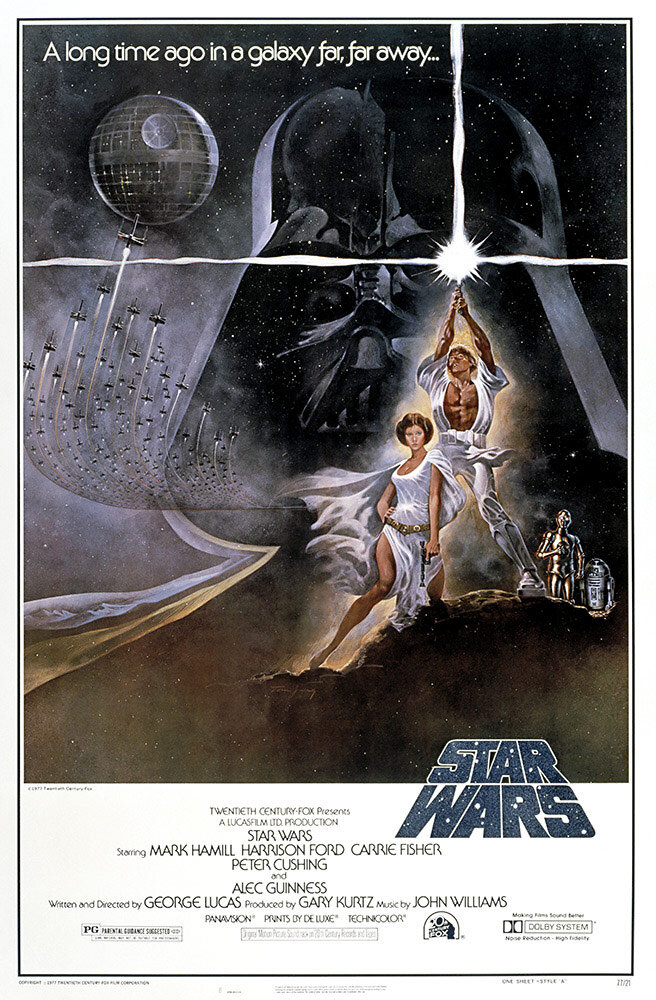
The thematic music of Star Wars. Directed by George Lucas and music composed by John Williams.
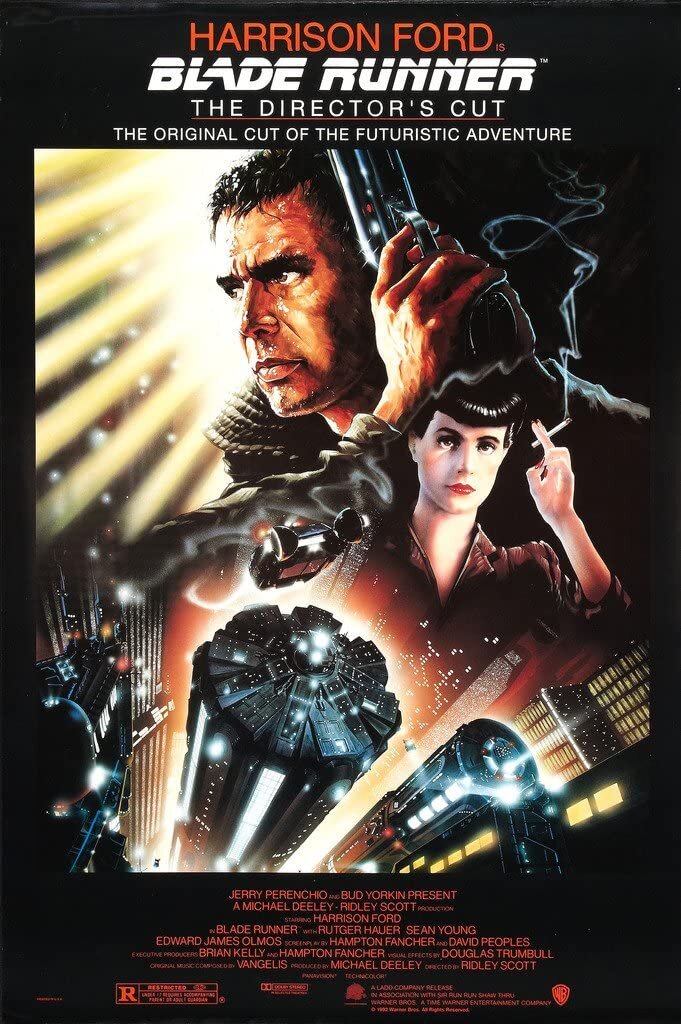
The futuristic and noir soundscape of Blade Runner. Directed by Ridley Scott and music composed by Vangelis.
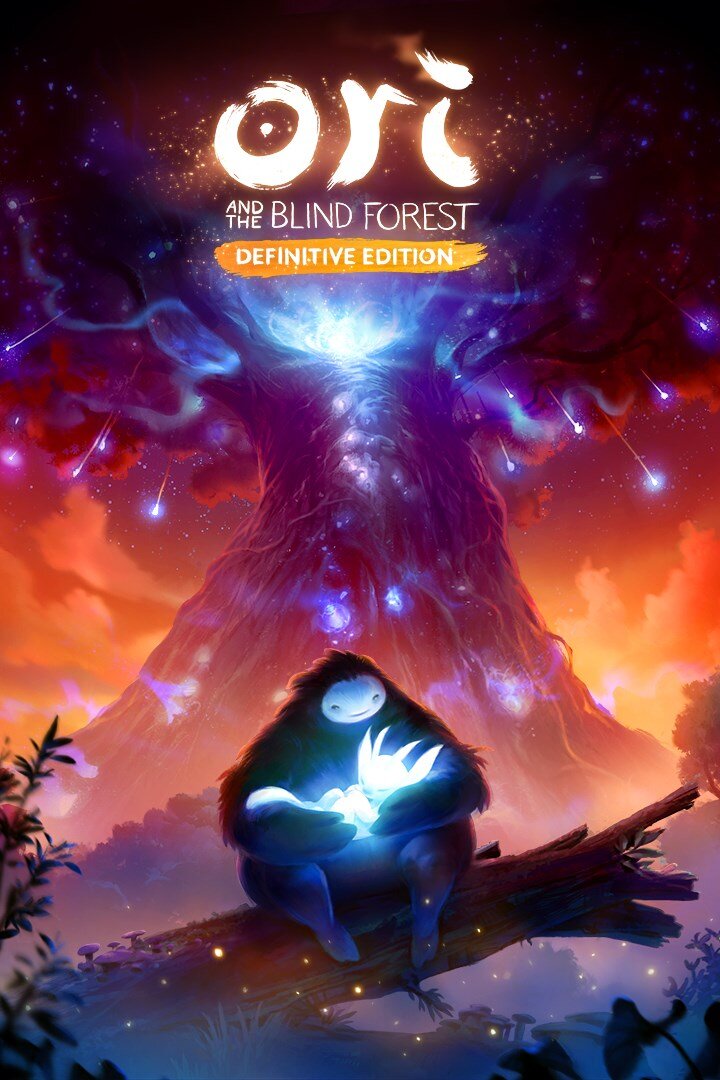
The eloquent, colourful music of Ori and the Blind Forest. Directed by Thomas Mahler and music composed by Gareth Coker.
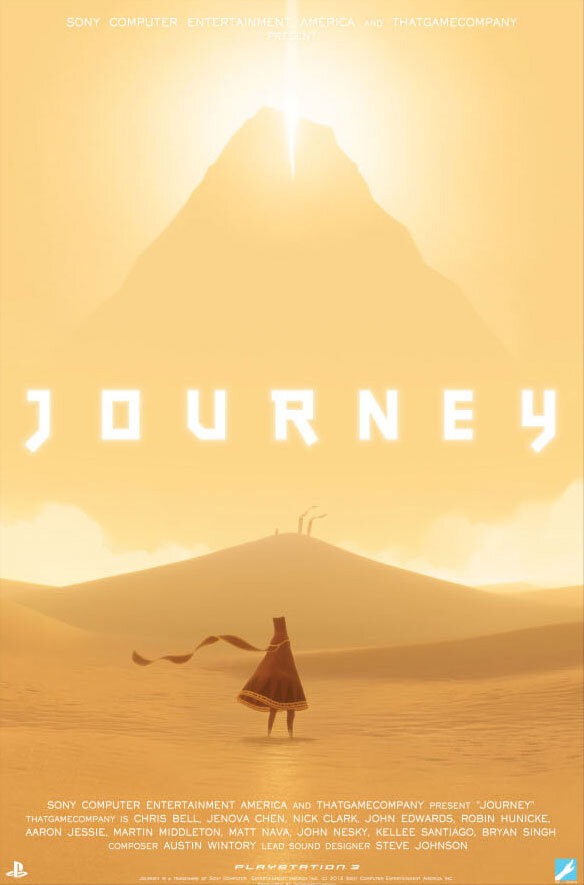
The beautiful textures and nuances of Journey. Directed by Jenova Chen and music composed by Austin Wintory
As a director (or producer), you know how powerfully great music can affect the storytelling experience and playing a game. But what you might not know is how to find a composer who can understand your vision of the game and bring it to life through original music. And as a composer who has worked with directors of films, ads, and games, that's what I want to help you understand in this blog series.
In my experience, a great number of directors are very knowledgeable when it comes to visual esthetics, game/story design, and spend a lot of their time and resources on those elements. But what they usually lack is either focus or understanding on how to work with a composer to get the best music possible or how music can help their project.
Just like writers, directors and actors, composers have a huge significance and impact on the movie or game, one that is invisible in nature and that therefore goes unnoticed many times but one that is constantly felt by the audience throughout the whole experience… And you wouldn’t believe how much work goes into the making of this. Even if you have worked with a composer, it is very likely that a lot of the composition process wasn't brought to light.
So, in this series, I’ll be demystifying what goes on behind the scenes.
From getting a composer, to contracts, work schedule, rights, music composition and production as well as the recording, mixing and mastering stage. And much, much more.
Music isn’t there just as an aesthetic ornament to a movie or game. It can assume various roles at any point in time.
For instance:
#1 Music helps to create a specific musical language, thus solidifying the world-building experience, as well as helps to establish an era to your original story, as in Skyrim.
#2 It can help set the mood of a story from the very beginning, such as in the somber introduction from the Shining.
#3 It can inform the audience about the main emotional arc of the story the way you want it to. As in Shadow of the Colossus, where the usual feeling of victory is replaced with a feeling of loss.
#4 It can help to create unique and unforgettable moments, as in the example of Mufasa’s death in The Lion King.
#5 Music can elucidate specific character emotions, even when the camera is not pointing at the character’s face and you’re running away from a blaze of bullets being fired at you, like when you’re saving Ellie in The Last of Us.
#6 It can do what we would call “Mickey Mousing”, which is when the music imitates the action on screen (see for instance, the amazing work of Scott Bradley in the older Tom & Jerry).
#7 Specifically in games, it can also cue the player that a battle is on (or even off), or reward them with a victory stinger or a disappointment cue when losing, though I’ve noticed that the latter is increasingly less frequently encountered in some types of games. It can also cue the player to tell them if a specific object is worth exploring or not.
#8 In fact, in video games (and I absolutely love this) original music has been used to extend an IP (Intellectual Property) by creating music bands made up of their characters (eg. League of Legends).
Countless more examples could be listed above. However, this selection should be able to show just how many faces music can have. What’s even more incredible is that music can perform any of these functions at the same time. Professional composers are usually looking as to how we can evoke a bunch of these in a single cue.
Sure, there are some powerful movies with no score (No Country for Old Men*) and some masterpieces that use licensed music extremely well (Forrest Gump… though, how iconic is that original theme by Alan Silvestri?). There is also the option of using cheaper licensing music, ideal for short videos with a limited budget and some TV shows (think, for example, of a cooking show with Pirates of the Caribbean-style of music playing while the competitor is in the act of frying an egg in one minute, as the camera cuts quickly between different reaction shots). However, the use of such music would be for discussion in a whole other post on the art of a Music Supervisor/Editor, whose role is different to that of a Music Composer.
*excluding that brief Mexican source music and the music in the end credits.
But compare the use of licensing music to the melodies and orchestration and spotting virtuosity of John Williams (Harry Potter, Superman, Indiana Jones, Star Wars…) or of Hans Zimmer (Gladiator, Interstellar, The Dark Knight)! Can you think of Final Fantasy without hearing the music of Nobuo Uematsu or can you imagine Super Mario and The Legend of Zelda without Koji Kondo’s themes?
There is always someone who worked very hard to deliver the proper musical experience that a story deserves and if you’re looking to create the next epic game or even the next quirky and funny movie, you’ll want someone who can help you add value to your work through music.
Plus, while dialogue and its nuances are often restricted to those fluent in it, music is the common language between all people and does not require any subtitles. or explanations.
A few months ago, I asked members in a forum group about their favourites moments in film/video game where the music helped to cement a specific moment. The post generated 6 pages of discussion. You can check it out here:
In conclusion to this introductory post, original music can help to solidify a piece of film or video game in the audience’s mind and it is an invaluable asset to a project. So the real question is, why wouldn’t you want original music for your project? Unless you want to properly keep the story ambiguous enough or believe that the silence between dialogue is important, there is no real reason to go under budget on an art form that contributes so much to the final version of your project.
In the words of one of the all-time greatest directors:
“Without John Williams, bikes don’t really fly, nor do brooms in quidditch matches, nor do men in red capes. There is no force, dinosaurs do not walk the earth, we do not wonder, we do not weep, we do not believe.”
But, you might ask, “but J, how do I find my ideal composer?”
I’ll provide some insight on my next post!
About the author
For the past 11 years, João Luís has written music for games, film and advertisements. The projects he has scored music for have been nominated and have won awards at various international film festivals. His portfolio also includes a Christmas advertisement that has gained more than 792 000 YouTube views, while a video game he scored, Nocturne: Prelude, has been rated 97% positive on Steam and the full version of it is currently under production. He has collaborated with a 3-time Emmy nominee composer, Sheldon Mirowitz, as well as Mistheria, whose extensive list of artist collaborations includes Bruce Dickinson (Iron Maiden's singer).
